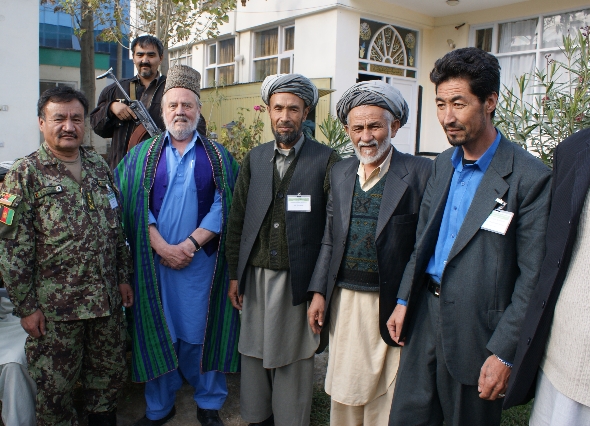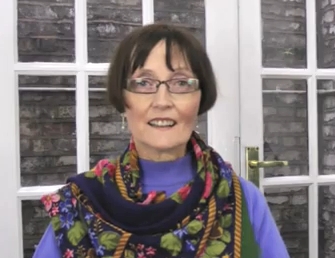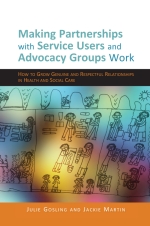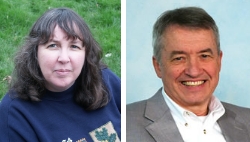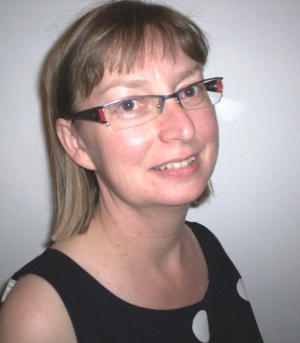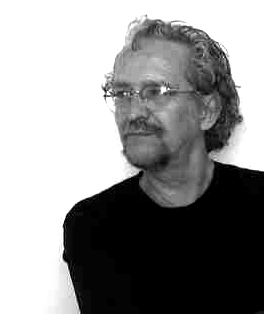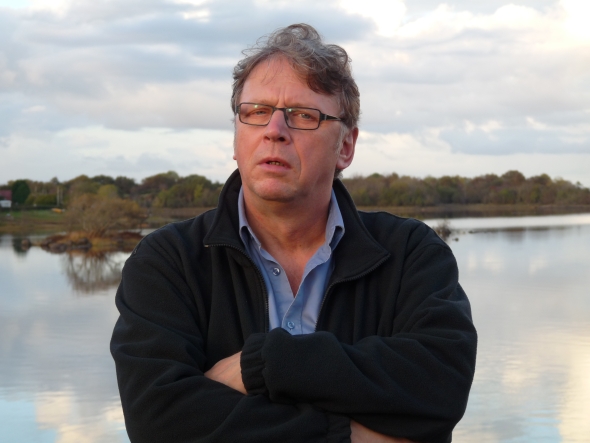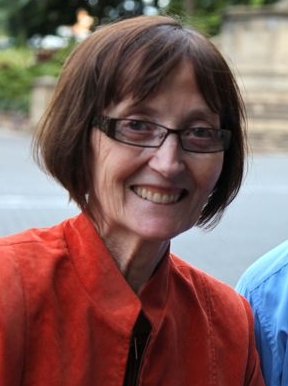“In my opinion, social workers, social services and social institutions are characteristics of a civilized society in which human rights, social justice and democracy are conceived of as vital values and standards. Social work contributes to the quality of life of all citizens, social cohesion and solidarity, while on the other hand supporting the established order and relations in society. In academic circles this is sometimes described as the ‘double function’ of social work. This does not have to be a dilemma for social workers, as long as the established order is a democratic one, with freedom of speech and organization, an independent judicial system, separation of political and judicial powers, and respect for human rights.”
